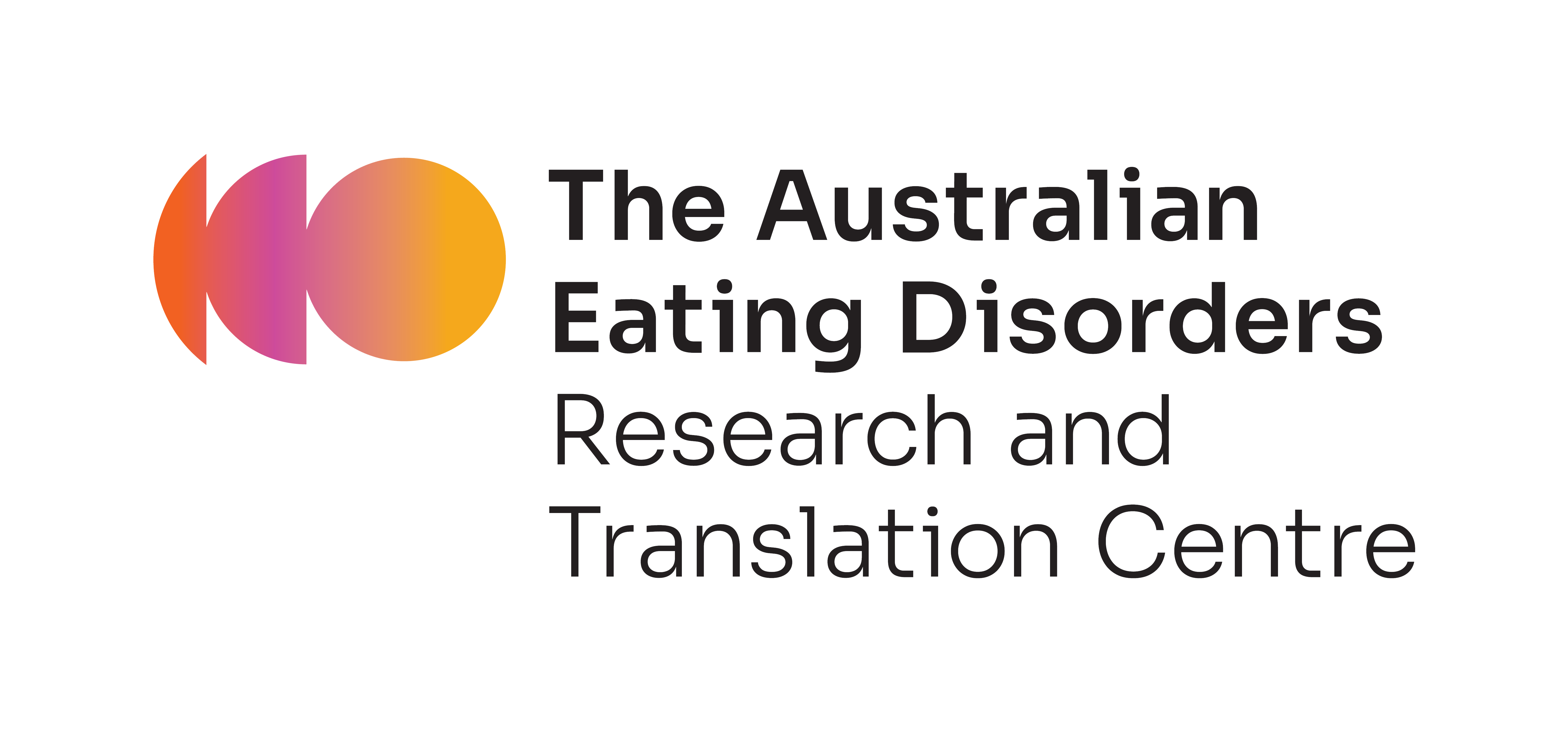Top 10 Eating Disorder Research Priorities
The top 10 research and translation priorities were identified in 2021 using a rigorous co-design process involving individuals with lived experience, carers, clinicians and researchers.
01
Risk and protective factors
What are the key risk and protective factors and how do they impact on the development of (or the risk of developing) an eating disorder?
02
Prevention
Are there particular strategies parents/families can use that help prevent the development of an eating disorder?
03
Early identification
How can GPs & other Heath Professionals better identify disordered eating and the symptoms of all stages of all types of eating disorders, and intervene appropriately as part of routine practice?
04
Early intervention
What are the barriers to early intervention and how can these be addressed?
05
Treatment approaches and outcomes
What existing eating disorder services, treatments, or treatment factors have the best long-term outcomes?
06
Access to treatment
How do we ensure all Australians have equitable access to effective eating disorder treatments no matter where they live or what they can afford?
07
Individualised treatment to meet diverse needs
How can treatments be more individualised to consider diverse needs, stage of life, illness duration, type and diagnosis?
08
Support for carers
What support and skills do families and carers need to help their loved one at all ages and stages of treatment across the recovery journey?
09
Do no harm
What are the positive and negative impacts of current treatment – how can we reduce the negative impact and increase the positive?
10
Stigma and health promotion messaging
How can public health messaging around healthy eating and weight be delivered without impacting on the development of eating disorders and inducing weight stigma?








